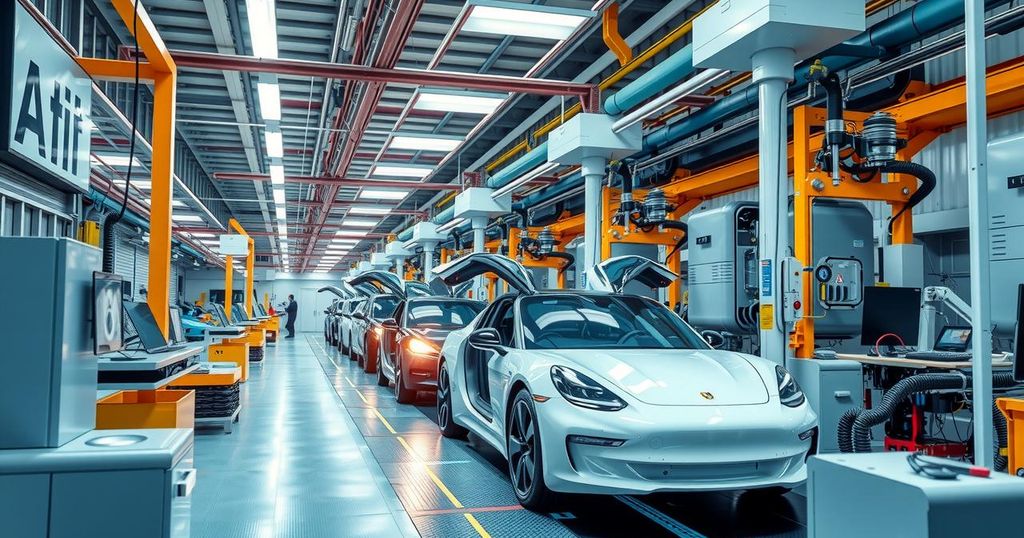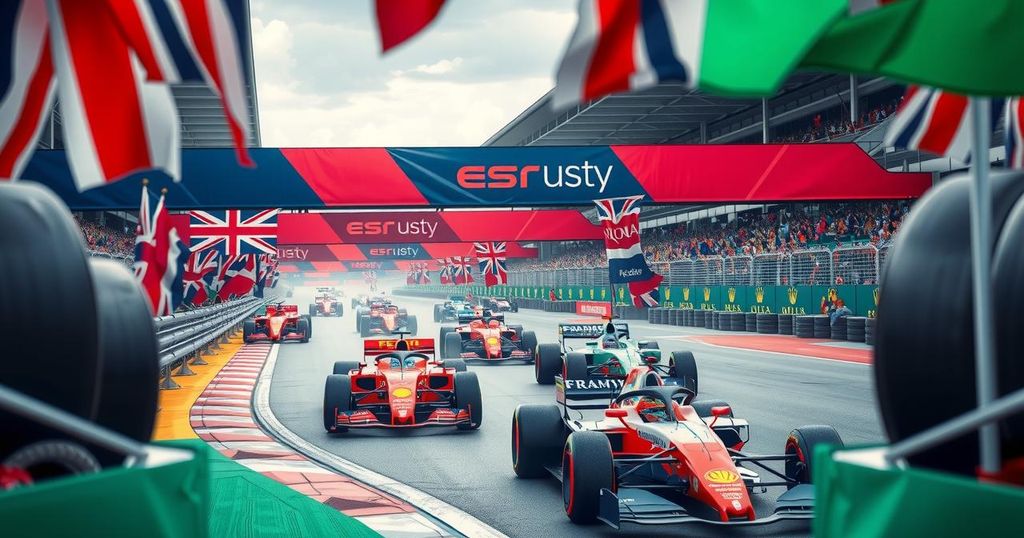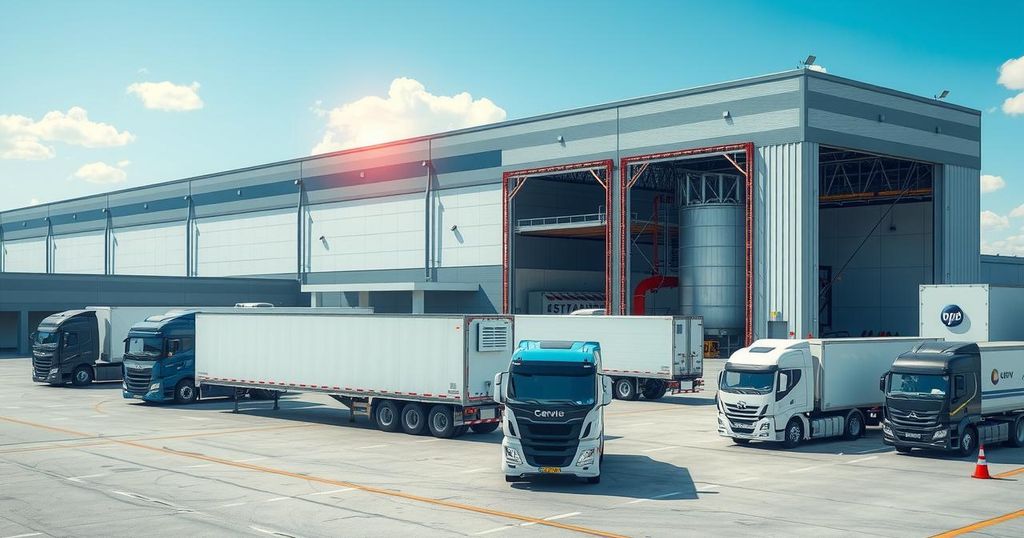BYD Begins Production at Camaçari Plant, First EV Facility in Brazil
- BYD has commenced production at its Camaçari plant in Brazil, marking its first EV assembly plant outside of China.
- The production facility aims to create about 10,000 direct and indirect jobs linked to the automotive industry.
- The Camaçari site is expected to assemble three models including the Dolphin Mini, Song Pro, and King DM-i.
- BYD is committed to investing R$5.5 billion, with R$1.4 billion already spent.
- The company is facing legal challenges tied to labor violations during the reconstruction of the facility.
- Tariffs for all-electric vehicle imports in Brazil have recently increased, affecting BYD’s pricing strategy.
BYD Begins Production at Camaçari EV Plant in Brazil
BYD has officially kicked off production at its Camaçari plant in Brazil, marking a significant milestone as the automaker’s first electric vehicle (EV) assembly facility outside of China. This ambitious project, which will initially assemble three models—the BYD Dolphin Mini, or Seagull as it is known in China, the Song Pro, and the King (BYD Qin Plus DM-i)—is expected to transform the Brazilian automotive landscape. The plant represents a former Ford facility that has undergone a major overhaul, costing BYD R$300 million (approximately 55 million USD) for acquisition and modifications.
Investment and Job Creation in Brazil
Spanning across an extensive 26 warehouses, the Camaçari site boasts a test track and has an impressive capacity of 150,000 units per year. Amidst this production ramp-up, BYD has committed to investing R$5.5 billion (about 1 billion USD), confirming that R$1.4 billion has already been utilized. The plant is projected to create around 10,000 direct and indirect jobs, with 1,000 workers currently employed. The automaker also announced the addition of 3,000 more positions during the media event, showcasing its commitment to local workforce development.
Production Strategy and Local Partnerships
Notably, the Camaçari plant will operate using semi-knock-down (SKD) kits, indicating that the vehicles will be partially disassembled in China and then shipped to Brazil for final assembly. BYD plans to enhance localization, utilizing local resources for stamping, welding, and components such as tires from their newly announced partnership with Continental. Coinciding with the plant’s launch, Brazil has increased tariffs for all-electric vehicle imports from 18% to 25% and for plug-in hybrids from 20% to 28%, complicating the situation as BYD seeks a reduction for SKD vehicles.
Challenges and Future Expansion Plans
However, the company has a few hurdles ahead, as recent reports surfaced about serious allegations against BYD regarding human trafficking and labor violations during the plant’s reconstruction. This lawsuit from the Public Labour Prosecutor’s Office highlights concerns raised after 220 Chinese workers were reportedly rescued during an investigation. In addition to these legal challenges, BYD is also expanding its manufacturing capabilities in China, as seen with the recent approval to expand their Shanwei plant for KD kits to support international demand.
BYD’s entry into the Brazilian market through its Camaçari EV assembly plant is a significant development, not just for the company, but also for the local economy. With a firm investment strategy and plans for job creation, BYD aims to position itself as a key player in the Brazilian EV market, despite facing serious challenges related to labor practices and government tariffs. Moving forward, how BYD navigates these complexities, alongside ongoing expansion in its home country, will be crucial in determining its success in this competitive landscape.




Post Comment